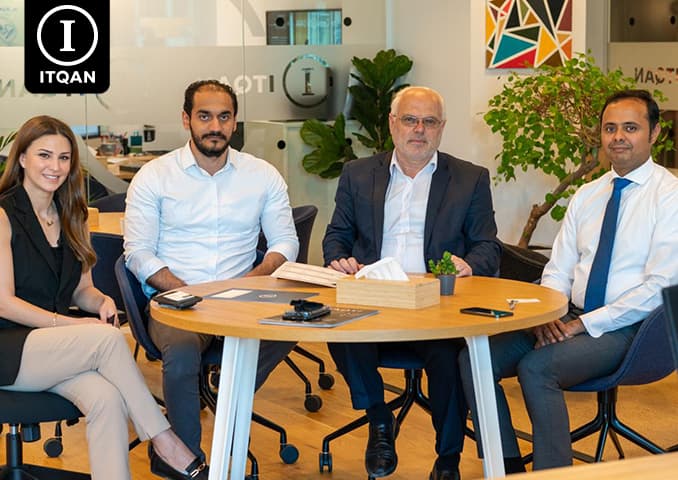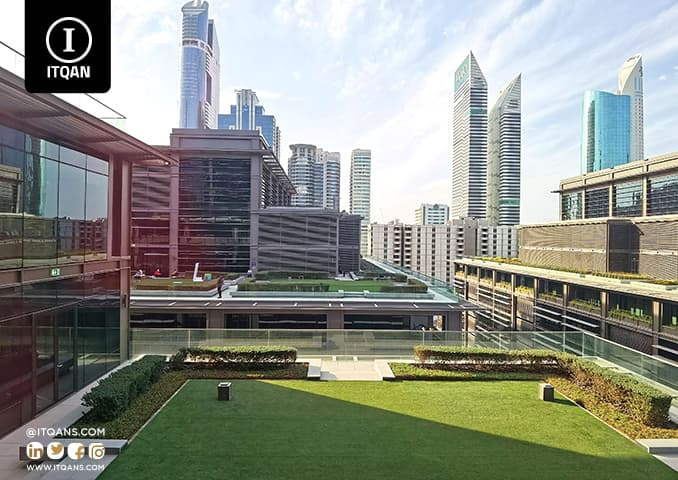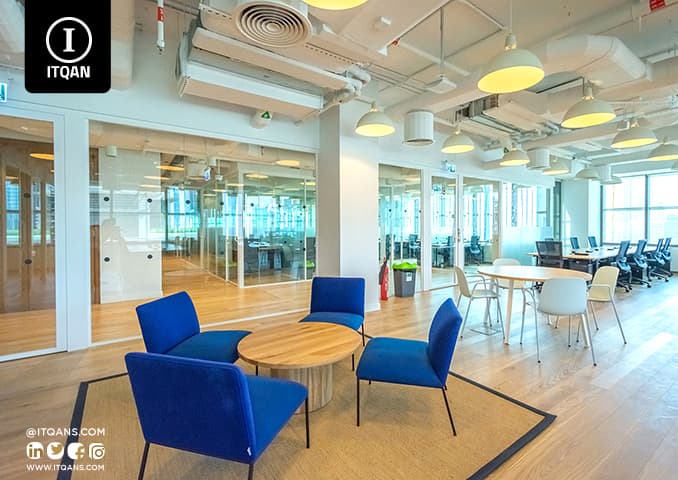Establishing a company in the free zone Ajman Free Zone
Establishing a company in Ajman Free Zone is an attractive option for investors and entrepreneurs looking to expand their business in the UAE and the region. Ajman Free Zone is strategically located near international ports and major transportation hubs, making it a vital hub for businesses that rely on trade and shipping. The zone was […]
Establishing a company in the free zone Ajman Free Zone Read More »











